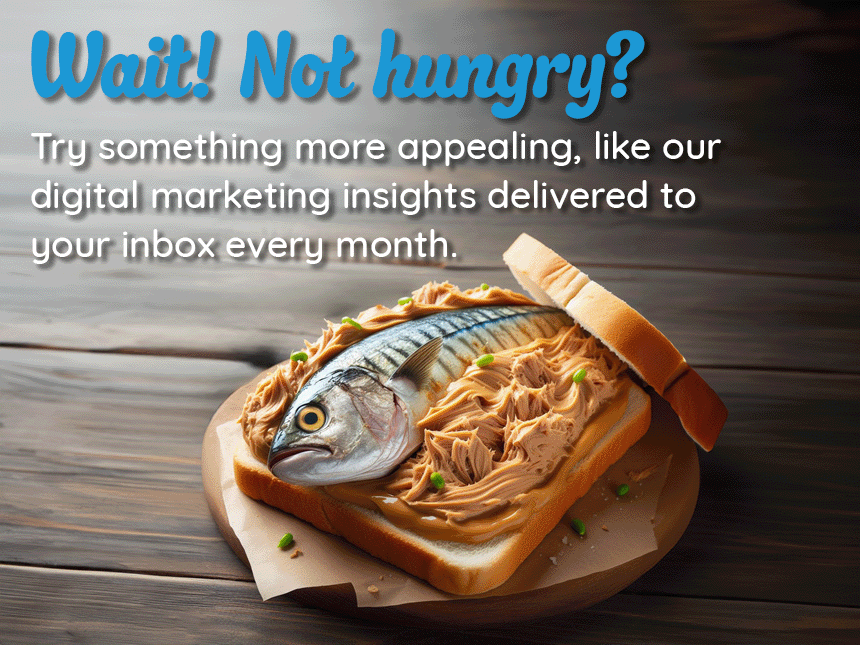To Say SEO is Dead Means You Don’t Understand
For the past 20 years there have been countless articles and declarations that “SEO is dead.” The “experts” continue to not only be wrong but lack the understanding of why they are wrong. The day search engines turn their backs on free, organic listings is the day they sign their own death warrant. Sure, the search results pages are ever-evolving and now dominated by paid listings for highly competitive broad search terms. However, the core business model of search engines still hinges on the symbiosis between free listings and paid advertisements.
Search engines, like Google and Bing, are not simple databases spitting out results based on exact keyword matches. Rather they are sophisticated platforms with the promise of delivering the most relevant results determined by many factors. Without the free, rich, and diverse information provided by organic listings, search engines would be as appealing as a library without books. They need this massive variety of options to attract users, which in turn, makes their paid advertising slots valuable.
The Business Model
It’s not just search engines; it’s the whole internet ecosystem. Social media platforms, job boards, home services websites – they all operate on this model. Offer a wealth of free content and free listings to draw the crowd, then sprinkle in the paid listings once you’ve got their attention. It’s a dance as old as time. Take Monster.com, for instance, that only offered paid listings for employers to post jobs. They had the job market cornered until Indeed.com waltzed in with free job listings and took over. Indeed.com disrupted that industry because they understood the golden balance between free and paid content. Google will NEVER be a paid-only model.
So, what does this all mean for Search Engine Optimization (SEO)? It’s simple. As long as search engines rely on indexing and presenting free organic listings, there will always be an opportunity for external practitioners to optimize that content for better visibility. Search engines factor in content quality, popularity, and a myriad of other elements. In order to be relevant, they must deliver the best results, which is the opportunity for SEO to help. Google needs the help of SEO professionals even though they would never admit it.
AI & SEO
I was asked recently by a client, “Will AI kill SEO?” The response is a definitive “No.” AI systems rely on existing sources to mine data for answers, facts, and viable solutions. Even with AI chat integrations in search engines, it’s ultimately humans who seek these answers. AI is a new contender, reshaping the dynamics of search engines and the optimization of content. The focus isn’t on the demise of SEO but on its progression towards “AIO” (Artificial Intelligence Optimization), which promises to broaden the visibility of an organization’s content and services. That’s a topic for another discussion.
In conclusion, the digital real estate for organic search results is shrinking for business focused terms, with paid listings and zero-click content claiming more territory. This doesn’t mean SEO is gasping its last breath. On the contrary, it means that SEO has never been more important than now. Competing for these limited opportunities where the cost-per-conversion from SEO often outperforms all other tactics is paramount, and a well-managed and strategically executed SEO program has never been more crucial. It really amazes me how few marketers calculate their cost-per-action from SEO. That would probably open their eyes.
If your organization aims to vie for organic search visibility, there’s no need to tackle the challenge alone. Consider partnering with Arc Intermedia for expert SEO consultation. We know the ins and outs of this game.



